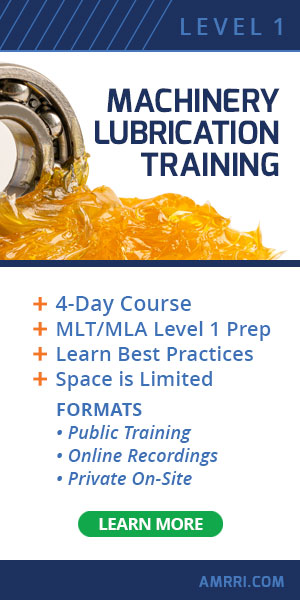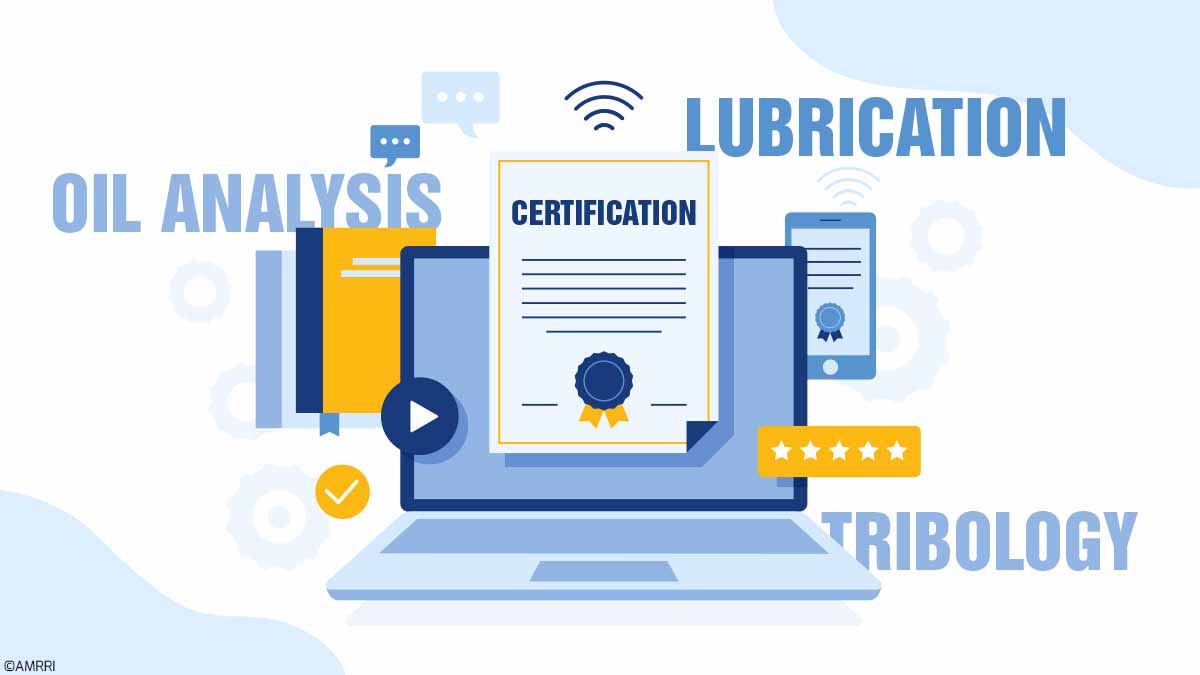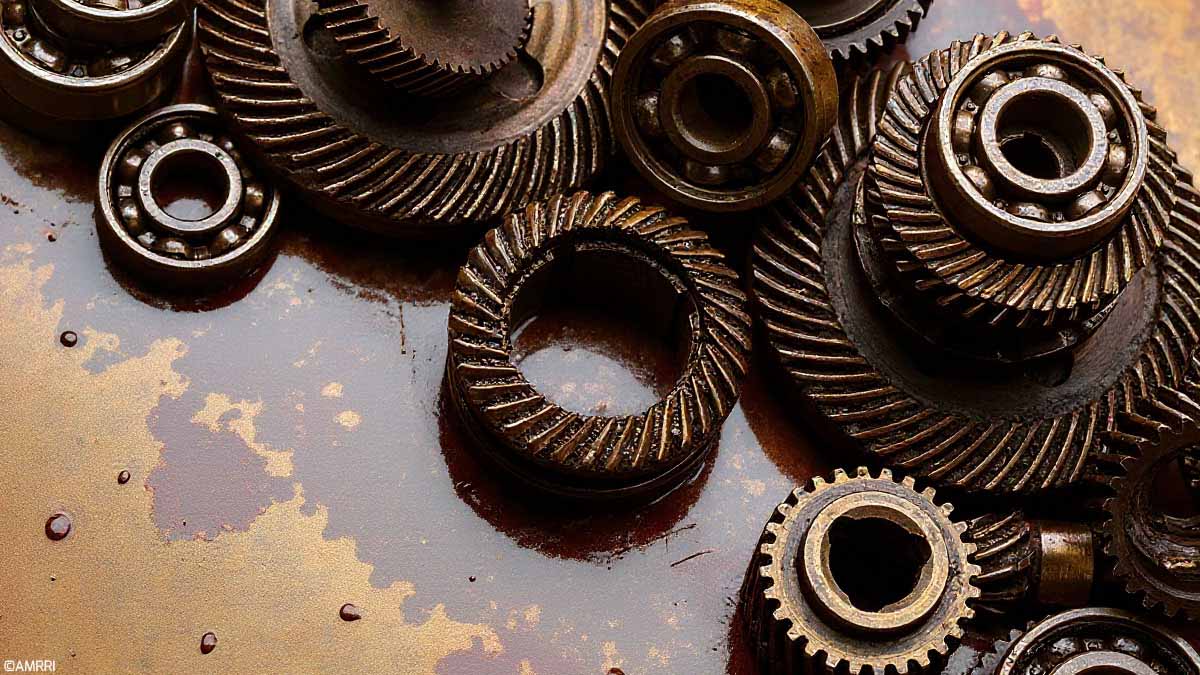Unit operators spend more time with the machines than anyone else in maintenance, and they can play an essential role in driving a successful lubrication excellence program.
They can be the “continuous monitoring tools” that detect any issues arising between lubrication route intervals. Operators can alert the maintenance crew about any signs of lubrication system malfunctions at early stages, enabling them to take proper actions and prevent possible downtime and production loss!
This mission is easy because it takes little effort and training to qualify the operators to perform that role.
All it needs is a training course to provide general awareness about lubrication basics and what “good” looks like regarding lubrication system components.
Field operators with basic lubrication knowledge can promptly identify and detect issues and report them back to maintenance. This can significantly help prevent critical equipment failures and production downtime. However, it should be well-stated that this introductory course does not intend to teach field operators how to perform lubrication tasks for the equipment!
The following is a list of tasks the unit operators can be trained to do as part of an Operator-Driven Reliability (ODR) Program. These tasks can be the material of any basic lubrication training course, which can later be added to the operator’s log sheets:
- Detect any visible oil leaks through shaft oil seals and gaskets.
- Detect any abnormal oil leak around breathers’ connections, reservoirs, tubing, or sampling connections.
- Recognize different types of sight glasses. Check oil levels or any local low-oil level alarms on critical machines.
- Ensure oil level indicators/sight glasses are working correctly and not stained or broken.
- Check for any premature color change in desiccant breathers.
- Maintain proper oil cleanliness level for the machines and remove contaminants.
- Take proper precautions during the washdown of equipment or floor to avoid slippage hazards.
- Add a suitable amount of oil for equipment that reaches a critically low oil level, especially for sites with limited maintenance resources or when no maintenance crew can intervene in such emergency work. For such situations, additional training/qualification will be required to:
- Train the operators on essential oil addition, color-coding, and contamination control techniques.
- Prepare a lubrication cabinet with color-coded oil dispensers for each plant’s most common oil types. This cabinet should be located near the process area and readily accessible, owned, and maintained by the operators. The maintenance team must audit these remote cabinets for cleanliness and housekeeping compliance.









